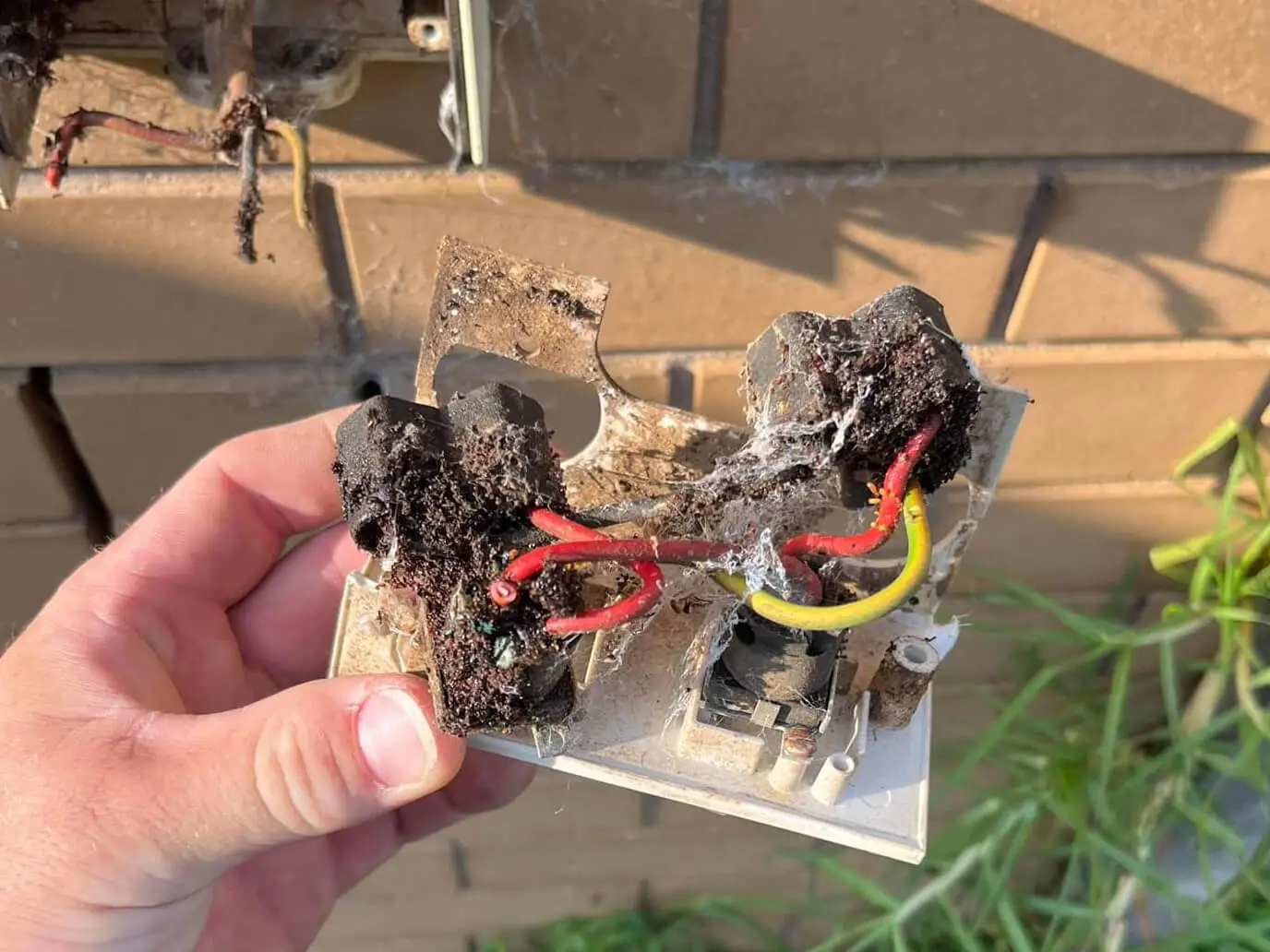
The truth will shock you. In Victoria alone, fire brigades respond to more than 300 electrical fires yearly.
If you want to save your house, you need to be on the lookout for an electrical emergency. You may already have several signs in your home of an ongoing or imminent emergency. But you can take charge of your electricity now.
What are the most common signs of electrical problems? How can you fix the situation? When should you call an electrician for support?
Answer these questions, and you can use electricity safely for years to come. Here are six signs of an electrical emergency.
1. Flickering Lights
Flickering lights are always a sign of significant electrical problems. They indicate that electricity is not moving through your system consistently.
Several problems can cause your lights to flicker. The wiring may be loose, preventing a current from passing through. The voltage in your system may fluctuate, or your circuit may be overloaded.
Don't overreact if you notice a light flickering once or twice. But if a light is flickering several times within a day, you should investigate it.
Check the bulb to see if it is loose or burnt out. Inspect the light switch to see if it is broken or loose.
2. Unusual Smells
Unusual smells can indicate electrical fires inside your walls. If you smell something burning, you should go near your power point to see if the smell is coming from there.
The odour may be hard to notice and can smell like burning plastic, metal, or wood. Hold your hand out to see if you can feel any heat from your power point or wall.
If you think your power point is burning, you must turn off the electrical supply running through that area. Likewise, if a device is plugged into the power point, you should turn it off. Get out of the room and evacuate your house, then call the Fire Brigade and a professional electrician.
3. Broken Power Point
Broken power points can damage your wires, prevent your devices from charging, and break your electrical system. Therefore, you should inspect your power points every few months, even ones you don't usually use.
If your power point is loose, you can use a screwdriver to put it back into place. Turn off the electricity running through the power point and wear rubber gloves to protect your hands from sparks.
If your power point seems scorched or burnt, you may have damaged wires releasing sparks and heat. Turn off all devices near your power point and unplug them from the walls. Then call an emergency electrician who can replace your power point and fix your wires.
4. Temperature
It is okay if your appliance feels warm. Most electrical devices generate heat as they operate, even if they are on batteries.
Your power point should never feel warm. The warmth coming from your powerpoint suggests that your wiring has an extremely high electric flow and is burning off energy as heat. As a result, your wiring may melt or release sparks because it can't handle the electricity.
Warm light switches are never okay. Do not touch a light switch where you can feel the heat emanating from it. You should consider hiring an electrician immediately.
5. Circuit Breaker Issues
Your circuit breaker controls the amount of current running through your system. If your breaker fails, you may experience an overcurrent or a short circuit.
Signs of an overcurrent include flickering or dim lights and buzzing noises. Signs of a short circuit include your circuit breaker shutting off, metallic smells, and zapping sounds.
You should check your switchboard to see what circuit is not working. If the breaker has shut off, you can flick it back on, but you may need to call an electrician to take a deeper look.
6. Messy Wiring
Messy wires may not be immediately apparent. But over time, they can cause problems like dim lights and sparks. If you notice problems with your electricity that have no obvious cause, you should inspect the wires in your walls.
If you're moving into a new property, you should have your wiring inspected. Messy wires suggest that previous electricians have not done a good job and could present a fire risk.
The Most Common Signs Of An Electrical Emergency
The most obvious signs of an electrical emergency are flickering lights, unusual smells, and loose or scorched power points. You can fix your power points, but wear gloves, so you don't get shocked.
Your power points may feel warm, and you may see your circuit breaker switching off. Inspect your power points and switchboard regularly to know what is happening, or contact us if you require an emergency electrician.